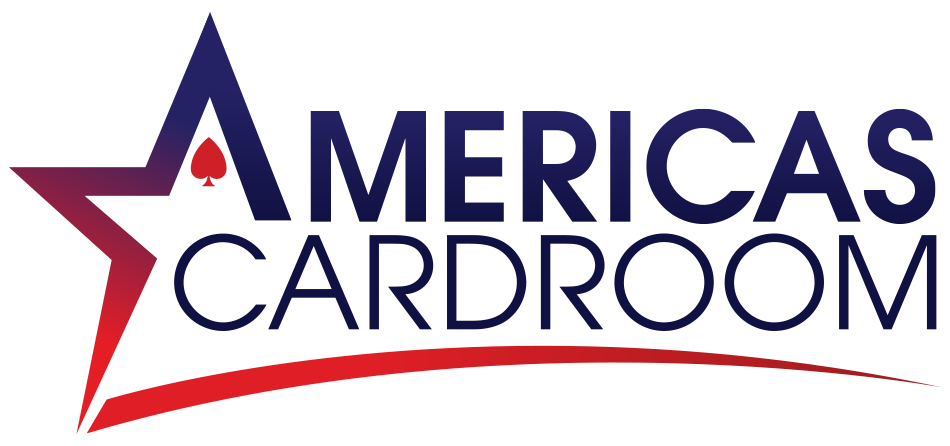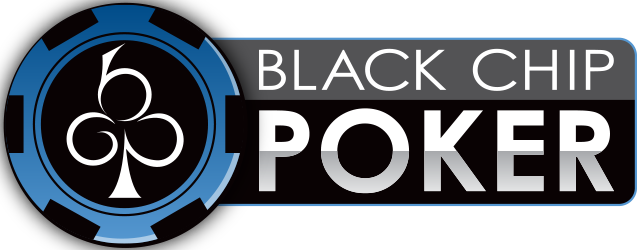
What Does it Take to be a Poker Pro?
So you have built your initial online poker deposit into a nice bankroll playing heads-up poker. The question now becomes should you take the next step and become a poker pro? This article looks at the question of what it takes to be a poker pro by examining some of the practical and psychological aspects of taking this important step.
The first question you need to ask yourself is whether your results justify moving to professional status. Here you need to look at the sample size of your previous wins to ensure that natural variance does not account for your bankroll growth. Confidence interval studies suggest that you need to have at least 1000 matches before you can be 80% sure that your 'true' return on investment is shown. This number evens out the chance factors such as good runs of cards and winning in 'coin-flip' situations.
Do you want to play heads up poker online? If so, we suggest you check out these top rated online poker sites - the best online poker sites for heads up games
You have a good sample and expect that you can make more profit playing poker than you can make in your current job. You now need to decide whether you are psychologically able to live the life of a poker pro. By its very nature online poker is a solitary pursuit. You will be spending many hours a day in front of your computer screen. The ability to focus for long periods and having the life balance to counter the long periods alone become important aspects here.
Bankroll management is also a key factor in any decision to become a poker pro. Someone who plays for leisure and profits can survive on a smaller bankroll than someone who plays poker for a living. It is also important to ensure that you have enough money to pay for your day-to-day living expenses kept separately from your poker bankroll. This will cover any downswings due to poker's natural variance and allow you to stay focused on the game in hand.
Becoming a poker pro also involves discipline in another way. Someone who uses poker for their sole source of income will always strive to maximize their returns. While a profitable leisure player may be happy at their current level - a poker pro will dedicate time and effort to learning, fixing leaks and looking into new strategy ideas. Time spent away from the tables learning more about the game should be part of any poker pros daily routine.
Profitability in online poker can be greatly assisted by using some of the many bonuses available. A professional player must take this into account and invest some time in moving money from site to site to take full advantage of bonuses and promotions as they become available.






